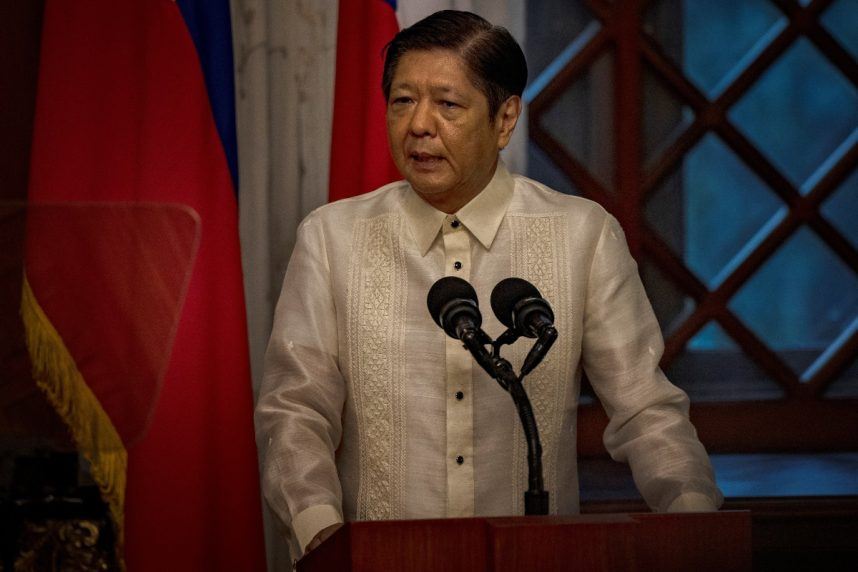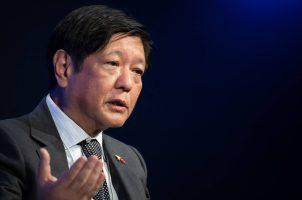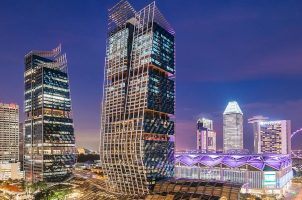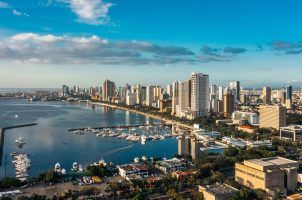Philippines President Wants Country Off Money Laundering Grey List
Posted on: January 9, 2024, 12:54h.
Last updated on: January 9, 2024, 12:29h.
Philippines President Ferdinand “Bongbong” Marcos Jr. began the new year with an increased focus on improving the Southeast Asia nation’s money laundering safeguards and defenses against terrorism financing.

Last fall, the Financial Action Task Force (FATF) added the Philippines to its “Increased Monitoring” list, commonly referred to as the FATF “grey list.” Included countries are encouraged to “address strategic deficiencies in their regimes to counter money laundering, terrorist financing, and proliferation of financing.”
During last week’s meeting with the Philippines Anti-Money Laundering Council, Marcos directed the committee and all relevant government agencies, including the Philippines Amusement and Gaming Corporation (PAGCOR), to prioritize addressing anti-money laundering deficiencies and terrorism financing shortcomings.
PAGCOR is responsible for regulating commercial casinos in the Philippines. The government agency additionally runs casinos owned by the government.
The President reiterated the government’s high-level political commitment and directed all government agencies concerned to strictly address the remaining strategic deficiencies identified by the FATF in relation to the grey listing of the Philippines,” AMLC Executive Director Matthew David said.
Marcos set the goal of the FATF removing the Philippines from the grey list by October 2024.
Gaming Impact
The Philippines has a lengthy history of facing criticism for not adequately protecting its financial institutions from being used for unscrupulous reasons. Much of the controversy has dealt with casinos in the country, which weren’t initially included under the scope of the nation’s Anti-Money Laundering Act (AMLA) of 2001.
“Initially, casinos were exempted from the AMLA because their inclusion would supposedly adversely affect their profitability, and in the process, reduce their contributions to various social causes,” Raul Palabrica, chair of the Philippine Daily Inquirer, wrote this week.
After pressure from FATF, Philippines lawmakers amended the anti-money laundering law to apply the code to the country’s gaming industry. Since 2017, the AMLA has applied to brick-and-mortar casinos and offshore online gaming sites that are run from the Philippines.
PAGCOR is the primary agency tasked with assuring that casinos are adhering to the AMLA. It’s no easy task, however, as casinos often deal with whales who seek to limit the exposure of their identity for tax and security purposes.
The job has only escalated in scope after China forced VIP junket groups out of Macau on concerns that the travel organizers for high rollers acted as money laundering facilitators for the Chinese mainland’s wealthiest residents. Many of the junkets that did business in Macau have moved to more welcoming operating climates, with the Philippines reportedly a leading destination.
Black List Threat
The longer the Philippines remains on the FATF “Increased Monitoring” list, the likelier its chances of being placed on the task force’s so-called “black list.” Officially known as the “High-Risk Jurisdictions” list, the black list includes countries with “serious strategic deficiencies.”
The FATF calls on its members to “apply enhanced due diligence” when dealing with blacklisted nations and to “apply counter-measures to protect the international financial system.”
There are precautions for being on the grey list, because the longer we are on the grey list, the bigger the possibility or the higher the risk that we will enter the black list. Of course, we don’t want to be a blacklisted jurisdiction. If we will be on the black list, there are repercussions to that and one of the repercussions is the effect on our transactions of our overseas Filipino workers,” David said.
David revealed that an 18-point action plan to strengthen anti-money laundering protocols and reduce the possibility of financing terrorism has been deployed across relevant governmental agencies.
Related News Articles
Philippines Directs Gaming Regulator to Review Money Laundering Defenses
Okada Manila Gambler Kidnapped, Held for Unpaid Loan Sharks Debt
Money-Laundering Bust in Singapore Finds Ties to China
Illegal POGO in Pasay City, Philippines Accused of Sex Trafficking
Most Popular
Mirage Las Vegas Demolition to Start Next Week, Atrium a Goner
Where All the Mirage Relics Will Go
Most Commented
-
Bally’s Facing Five Months of Daily Demolition for Chicago Casino
— June 18, 2024 — 12 Comments -
Chicago Pension Mess Highlights Need for Bally’s Casino
— July 2, 2024 — 5 Comments
















No comments yet